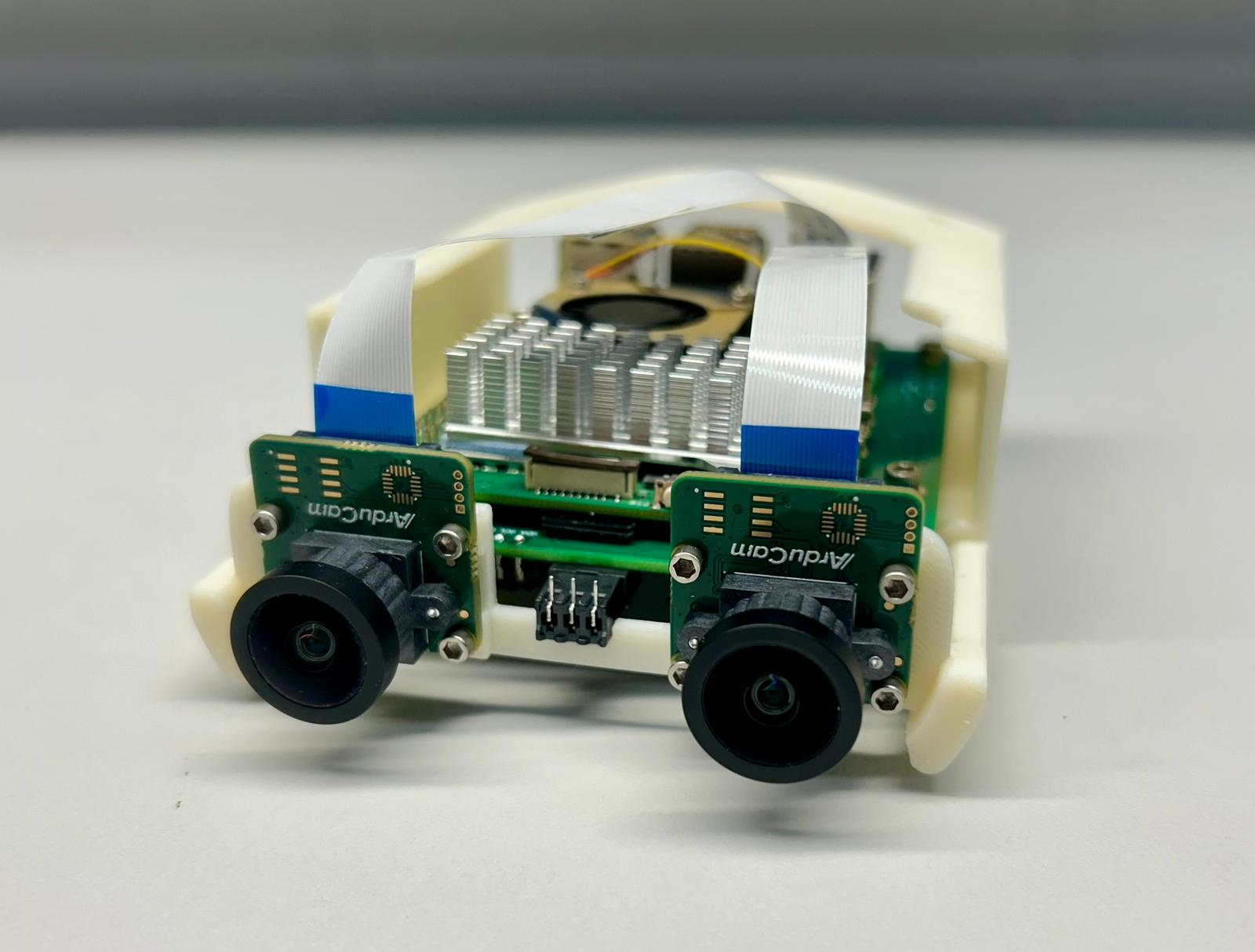

Welles Grant recipient Lena Haefele ’25 is working with the Bio-Inspired Engineering Research lab at the University of Virginia to create an autonomous underwater vehicle.
Turning Passion into Progress
The William Bouton Welles ’71 Grants fuel student research.
For Lawrenceville students with a passion for discovery, the William Bouton Welles ’71 Grants offer more than just financial support. Welles Grants provide the rare opportunity for young learners to turn their academic dreams into reality. Awarded annually, the grants enable recipients to pursue high-level research projects of their own design, spanning diverse subjects. Over the years, their work has ranged from authoring a book to a workable prosthetic hand for its inventor. All Welles Grant recipients are united by a common theme, however: turning passion into progress.
“I realized the beauty of research is that you never know where it will take you,” said Sathvik Samant ’26, who investigated responsible, ethics-focused ways to introduce artificial intelligence (AI) concepts to younger students. “I embraced every rabbit hole, excited to see what I would find at the bottom of it. This led me to explore concepts I’d never encountered and develop my research in unexpected ways.”
A faculty committee selects the grantees, with funding amounts varying depending on the project’s needs. Grants cover a range of expenses, including materials, research costs, and travel. Last year, 23 recipients explored topics around the globe, from arts to education, health to sustainability, and more. They presented their research to the School community at the end of the fall term.
This led me to explore concepts I’d never encountered and develop my research in unexpected ways.
Several Welles Grant recipients have already earned recognition for their work. Arisa Okamura ’25, the creator of SafeNavi, a navigation app designed to route users around unsafe areas, won the AWS Award in the 2023 Civic Tech Challenge Cup. Okamura’s app was also a finalist in Technovation Girls Japan 2024 and reached the semifinals of Technovation Girls 2024. Georges Casassovici ’25 has filed a patent for an AI technology that enhances LiDAR capabilities, generating photorealistic 3D visualizations with new potential applications.
Okamura emphasized the importance of using the Welles Grant to make a societal impact while also enjoying the project itself. This cohort’s recipients demonstrated how these goals can be met in various ways. For instance, Miranda De Olden ’26 used her grant to advocate for mandatory civic education in New Jersey high schools, with a particular focus on the history and civic engagement of marginalized groups, such as Latinos.
“It was inspiring to learn how early civic education can significantly boost political involvement, including voting,” she said.
The Welles Grants program was established in 1987 by James B. and Ann Welles P’71 ’75, in honor of their son, William Bouton Welles ’71, a Harvard and Columbia Law School educated attorney who had died the previous year, with support from alumni, family, and friends, to commemorate his legacy and diverse interests.
